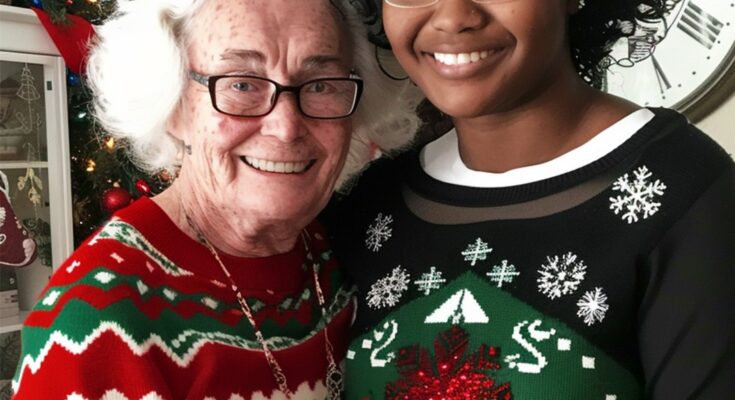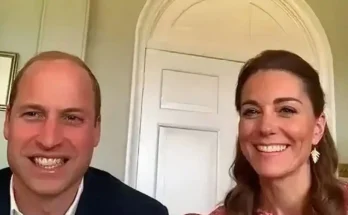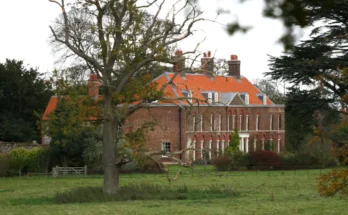I was married to a man whose name was known in countless homes, a comedian and actor loved by millions for his wit and charm. His performances lit up screens and stages everywhere. But beneath that public persona was my own reality—a quieter world where I devoted myself to him, giving everything I had, and even sacrificing part of myself.
When we first met in the entertainment circles we shared, I felt an immediate connection—a sense that we were kindred spirits. In 1993, we promised our futures to each other, believing our union was meant for great things. By 1996, we welcomed our daughter, a radiant light in our lives. On the outside, it appeared we had an ideal marriage, but that was far from the truth.
Behind the glamour of his career, he struggled with alcoholism. He was open about his flaws, often admitting, “In my private life, I’m not perfect. I never have been.” He sought therapy, trying his best to change and not hurt those he loved. Yet, he kept wrestling with his demons, and it tested our marriage repeatedly.
Then a more urgent crisis emerged: his health. He had a congenital defect that went undiagnosed for years, causing his kidneys to fail as an adult. The fatigue and pain he chalked up to long working hours were actually signs of this life-threatening condition. Doctors were clear: without a kidney transplant, he wouldn’t survive.
When no donor was found right away, I didn’t hesitate. I stepped forward, offering my own kidney to save his life. “It’s an incredible gift to be able to help someone like this,” I remember saying. “You’re giving the gift of life.”
The surgery worked. Watching him recover, I felt profound relief and gratitude. He often said, “I think it was a miracle that my wife’s kidney could be used. I value every single day now because of what she’s done for me.” Our daughter was too young to grasp the situation then, but as she grew older, she recognized how serious it was. She once posted, “My mom gave my dad a kidney, and I can’t thank her enough for giving me the gift of a healthy father. She’s the bravest, most selfless person I know.”
Despite everything, our marriage couldn’t withstand the strains that kept surfacing. By the sixth year, his behavior signaled he might be leading a double life. We tried counseling, and for a while, it seemed like we had repaired the fractures in our relationship. I told him plainly: if he ever betrayed me again, I would leave.
Eventually, he did betray me again—and the world found out before I did. I learned about his infidelity through tabloid headlines, which felt like living in a nightmare. Knowing your husband has a double life is unbearable, and it shattered the trust I had in him.
After so much heartbreak, we mutually decided to end our 17-year marriage in 2011. We aimed to keep it civil, but it was still marked by deep pain. Even though we separated as a couple, we remained connected through our daughter. We also chose to continue some of our philanthropic work together, hoping to do good despite our personal losses.
It wasn’t easy for our daughter, who had to endure a very public divorce. “People forget there’s a family behind those headlines,” she once shared. The split created a painful distance between her and her father, and for a long time, there was barely any communication. As the years passed, wounds began to heal, and they slowly found their way back to each other, though the emotional scars remain.
Later, in a TikTok video, my daughter asked us both who ended the marriage. I calmly pointed to him. “Your dad didn’t realize you stop dating when you get married,” I said, half-jokingly, but the hurt was still there underneath the humor.
When asked if I still love him, I answered honestly. “Yes, I love him. He’s the father of my child, my friend, and he’ll always have a piece of my heart.”
Our story is full of both love and heartbreak. It’s a reflection of how complicated relationships can be—how forgiveness takes time, and how selflessness can leave a lasting impact, even when it isn’t fully reciprocated. Despite the betrayals and pain, I hold onto the idea that time can offer solace, and that some bonds can never truly be broken.



